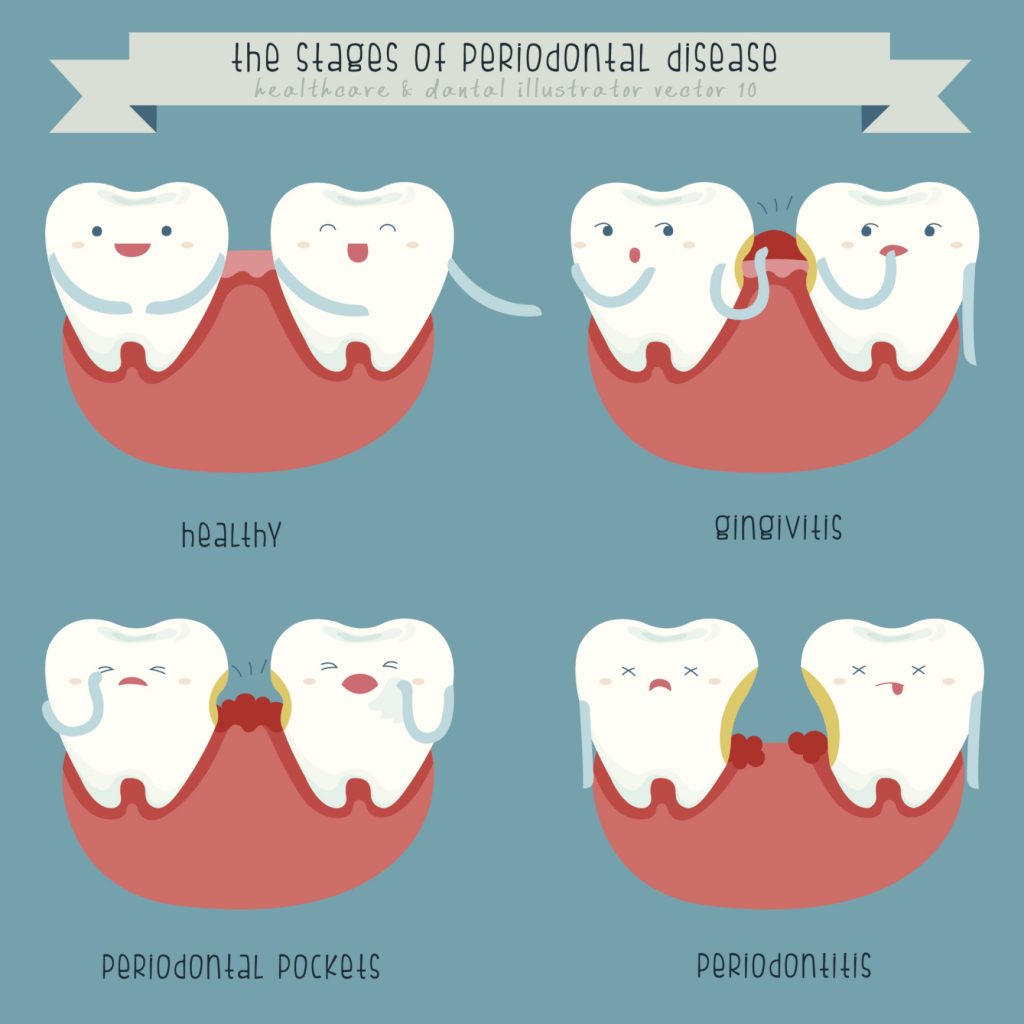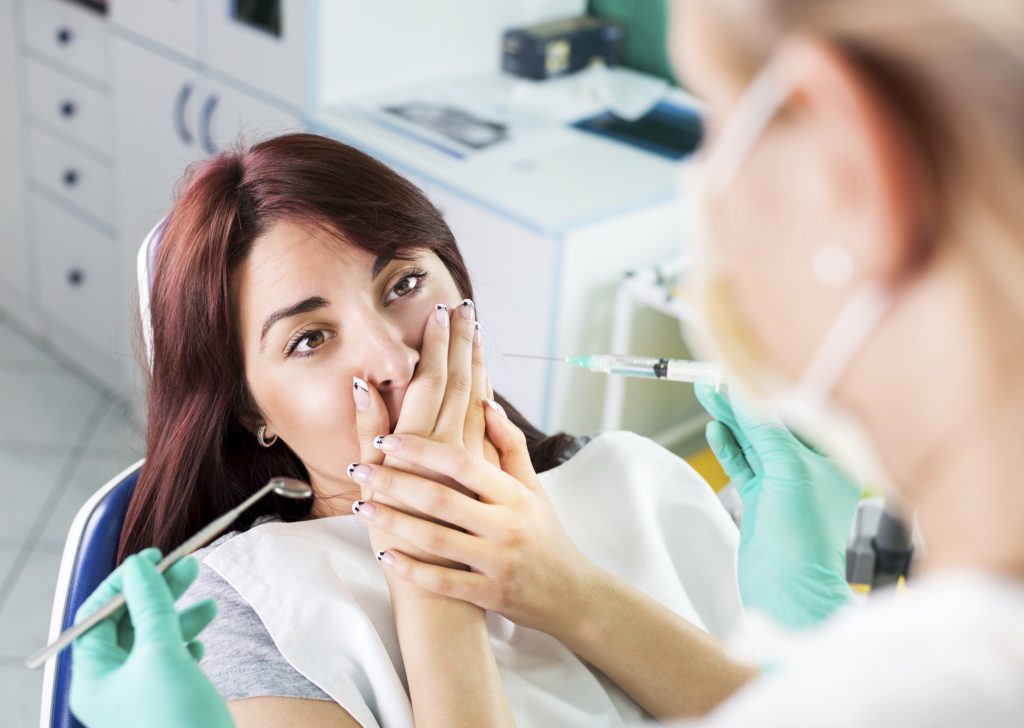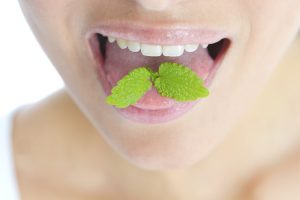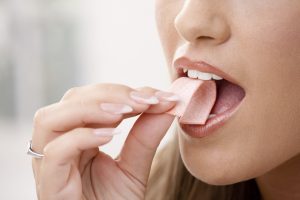
Whether you brew your own or stand in line to get it, your day doesn’t start without your first cup of coffee. Everyone’s cup is different, but regardless of the style you choose, it’s become a ritual to your morning. And if this describes you, today is a very special one – because today is National Coffee Day.
Coffee is one way to get our early morning jolt of energy, but it isn’t a mystery that the energizing beverage isn’t exactly the best for our teeth. Not only does coffee stain your teeth, but it can also contribute to the buildup of plaque and tartar, while accelerating the progression of gum disease.
Gingivitis, or an inflammation of your gums caused by plaque, and periodontitis, a more advanced version of gingivitis that results in a gap between your teeth and your gums. When caught in the beginning gingivitis stage, it can be treated and, hopefully preventable in the future. Periodontitis, on the other hand, is more difficult to treat and, due to the gap between the teeth and gums, may cause your teeth to become loose and fall out.
When you drink coffee, it is affecting your mouth by lowering the temperature of your mouth and gums while reducing the blood flow to your gums, which does not allow your gums to get all of the necessary oxygen they need to continue functioning properly.
When it comes to gum disease, saliva plays a major role in prevention. It contains oxygen and specialized enzymes which help prevent gum disease by killing the unnecessary bacteria in your mouth. Drinking coffee can cause dehydration and reduce the amount of saliva you produce, thus increasing your chances of developing gum disease.
If you have questions or concerns about coffee, make an appointment today with Dr. Philip Schnall at 212-247-7059 or visit our website at www.philipschnalldmd.com.
Dr. Schnall proudly serves New York and all surrounding areas.



 Periodontal disease is one of the most common problems Americans face – as many as half of American adults have some level of periodontal disease, and that percentage increases at higher ages. Periodontal, or gum, disease can take many forms – from mild gingivitis, with symptoms like red inflamed gums to severe periodontal disease, where pus from infections can push teeth from their socket.
Periodontal disease is one of the most common problems Americans face – as many as half of American adults have some level of periodontal disease, and that percentage increases at higher ages. Periodontal, or gum, disease can take many forms – from mild gingivitis, with symptoms like red inflamed gums to severe periodontal disease, where pus from infections can push teeth from their socket.